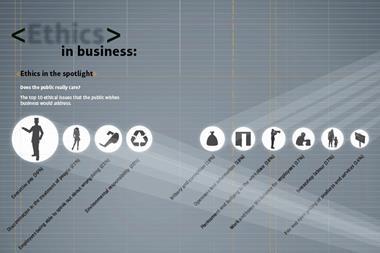Middle East revolts won’t necessarily lead to liberal economic reforms
A public act of self-immolation by a young Tunisian man will go down in history as the spark that fired up a regional revolution across the Middle East and North Africa.
Download the info-graphic PDF by clicking the link on the right of this page.
Comparisons have already been made with a string of revolutions in Europe in 1848. Back then, as now, the people revolted against a lack of political freedoms and widespread poverty. Scholars of history, however, will be quick to note that the 1848 experience shows that overthrowing a government is just the first step. Building a sustainable political structure is the hard part.
Calm has not yet returned to the streets of Tunis, despite the exile of Zine El Abidine Ben Ali. And big uncertainties remain over the geo-political hues that will emerge with the new order, particularly in Egypt. Uncertainty makes life hard for businesses with assets in the region and would-be investors. It is unlikely that the new military regime, which replaced Egypt’s president Hosni Mubarak, will push for more privatisations and liberal economic reforms, according to Eurasia Group Middle East and Africa lead analyst Hani Sabra. The corruption associated with offering up Egypt’s assets to foreign investors was a major reason for the revolution in the first place, he says. But if the right political structure is established, fresh opportunities could present themselves.
Europe’s leaders are clearly worried about the political instability and uncertainty on the continent’s borders, which is why they have committed military power to try and resolve the civil war that has broken out in Libya.
It’s tempting to see Libya as the latest in a line of dominoes about to be toppled by popular unrest. But the truth is that every country in the region has its own unique set of circumstances. No assessment of Middle East politics is complete without an understanding of the two branches of Islam, Sunni and Shi’ite, that define major aspects of everyday life and society.
You only have to look at the horrendous sectarian violence in Iraq to see how bitterly and violently these differences can manifest themselves. One of the principal factors driving discontent in Bahrain, for example, is the fact that a Sunni minority rules over a restless Shi’ite majority.
Downloads
Mid-East info-graphic
PDF, Size 0.12 mb



















